Vance warns of Europe’s ‘internal decay’ as greatest threat to its stability
- Update Time : Sunday, April 6, 2025
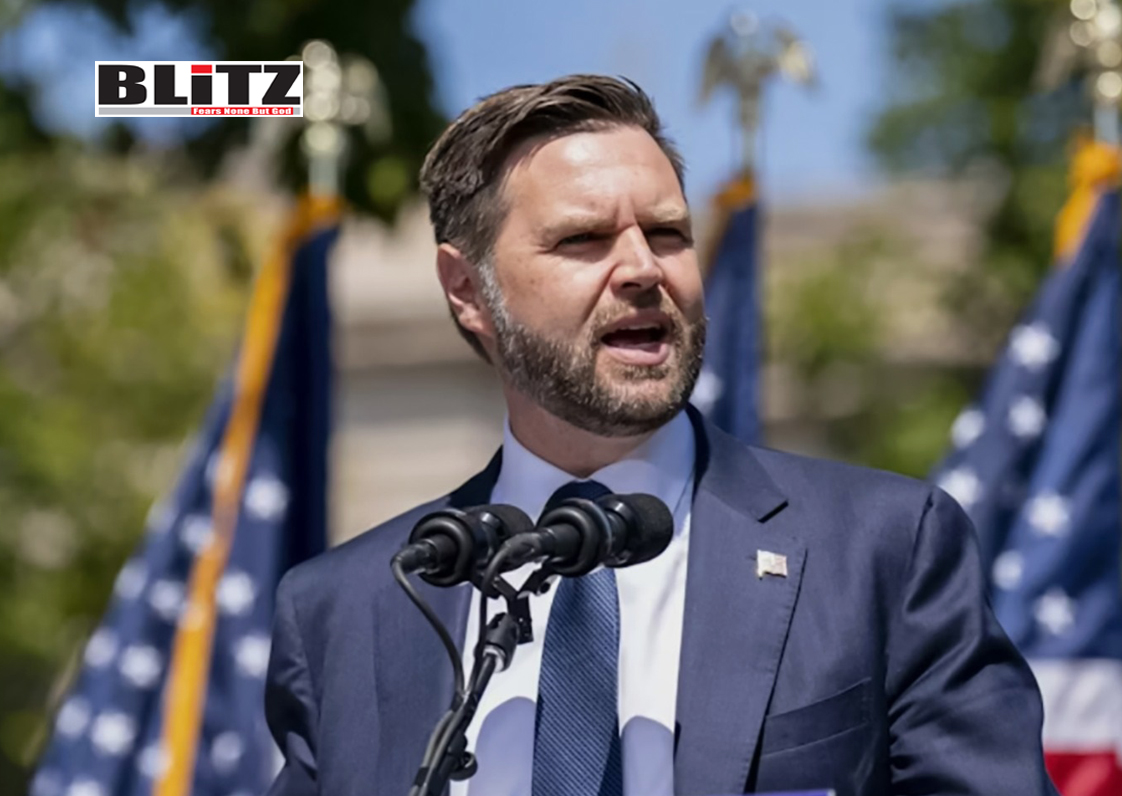
In a stark and unapologetically critical address, US Vice President J.D. Vance has sounded the alarm on what he believes is the gravest threat facing Europe-not Russia, not China, but Europe itself. Speaking during an April 3 interview with Newsmax’s Rob Schmitt, Vance condemned the European Union’s political direction, economic choices, and cultural shifts, warning that they are steadily eroding the continent’s stability from within.
“We have to appreciate that the greatest threat to Europe is not China or Russia,” said Vance. “The greatest threat to Europe is from within. It’s migration policies that destroy the fundamental cultural bedrock of Europe. It’s economic policies that make them less competitive.”
This is not the first time Vance has publicly challenged the prevailing narratives surrounding global security and Western unity. At February’s Munich Security Conference, he had already cautioned European leaders that the most pressing dangers might not lie in Eastern Europe’s war zones, but rather in Brussels’ own bureaucratic halls.
But his latest remarks have elevated the rhetoric-taking direct aim at the European Union’s stance on migration, defense spending, and treatment of political dissent, all of which he sees as clear markers of democratic decay.
Vance’s strongest criticisms were aimed at what he perceives as a catastrophic mismanagement of migration in Europe-policies which he claims are dissolving Europe’s cultural identity and undermining social cohesion.
Since the migrant crisis of 2015, the EU has struggled to establish a coherent and unified asylum policy. Countries like Germany and Sweden opened their doors to hundreds of thousands of refugees, particularly from war-torn Syria and Afghanistan, while others such as Hungary and Poland took a more hardline stance. Vance argues that this patchwork approach has led to profound divisions across the continent-not only politically, but also culturally.
“There is no Europe without its cultural soul,” Vance warned. “What we’re witnessing is the erosion of centuries-old values, languages, customs, and community bonds-all in the name of progressive virtue-signaling and unsustainable immigration policies.”
His remarks echo growing concerns in several EU countries, where political parties critical of mass migration have gained traction, often denounced by Brussels as populist or far-right. Yet, Vance’s framing suggests a broader, civilizational dilemma-one he believes European leaders are unwilling to confront for fear of political backlash.
In another sharp rebuke, Vance accused EU nations of hypocrisy when it comes to defense, particularly regarding Russia. “These guys… say that Russia is the biggest threat in the entire world,” he said. “Meanwhile, they buy billions and billions of dollars of Russian gas, and they spend 1% of their GDP on defense, while we’re spending three or four percent.”
For years, the United States has called on NATO allies to meet the alliance’s 2% GDP defense spending target. While some countries, notably Poland and the Baltic states, have ramped up their military budgets since the war in Ukraine began, many major EU economies-Germany, Italy, Spain-have lagged behind.
Vance’s criticism underscores a sentiment increasingly common in Washington: that the US is carrying too much of the burden for Europe’s security. President Donald Trump made similar arguments during his administration, threatening to reduce support for NATO unless Europe contributed more. Vance, considered a rising star in the Republican Party, appears to be channeling that same message, albeit with a sharper cultural critique.
Perhaps most controversially, Vance suggested that the EU is backsliding on democratic principles-especially when it comes to political opposition. “The rhetoric in Europe just doesn’t match the reality,” he said. “And they start trying to throw presidential candidates and political leaders off the ballot.”
His comments were a clear reference to French presidential hopeful Marine Le Pen, who has recently faced legal scrutiny over the alleged misuse of EU funds by her staff. Vance characterized the charges as minor and politically motivated, suggesting that the EU establishment is manipulating judicial tools to sideline dissenting voices.
“[She’s] leading in some polls and [this is] over an incredibly minor charge that implicates, by the way, her staff-not even Marine Le Pen herself. They’re trying to throw her in prison and throw her off the ballot. Look, that’s not democracy.”
The European Commission has often criticized nationalist and right-leaning governments in countries like Hungary and Poland for alleged breaches of rule-of-law standards. But Vance’s comments flip the narrative-asserting that it is in fact the liberal establishment that’s undermining political pluralism through selective prosecutions and media suppression.
Despite the tough talk, Vance was careful to stress that the United States remains committed to its European allies. However, he warned that friendship does not mean silence in the face of dysfunction.
“We want our friends to share our values,” he stated. “And the Europeans, they are absolutely 100% our friends. But that relationship… it’s gonna get stressed and it’s gonna get tested if they keep on trying to throw opposition leaders in jail and they stop respecting their own borders.”
This strain is not purely ideological. It reflects deeper anxieties within the transatlantic alliance-on trade, technology, climate goals, and global power shifts. With Washington increasingly focused on the Indo-Pacific and domestic challenges, many US policymakers are questioning the strategic value of an alliance where Europe appears fragmented, inward-looking, and unable to meet its own defense and energy needs.
Vance’s remarks land at a delicate time. Europe is gearing up for pivotal parliamentary elections in 2024, amid rising inflation, energy insecurity, and political discontent. Anti-establishment parties on both the left and right are poised to make gains, while establishment centrists scramble to defend a liberal order that seems increasingly fragile.
By voicing his criticisms so bluntly, Vance may alienate some European leaders-but he also speaks to a growing chorus of concern among Western voters disillusioned with globalist agendas, unelected technocrats, and political double standards.
His message is clear: the West cannot defend itself from foreign threats if it is unwilling to face its internal contradictions. And unless Europe reorients its policies-on migration, defense, and democratic integrity-its greatest threat will remain the one it refuses to acknowledge.
Whether Vance’s warnings will be heeded or dismissed as political posturing remains to be seen. But as transatlantic tensions simmer beneath the surface, the conversation he has reignited is one that Europe can no longer afford to ignore.



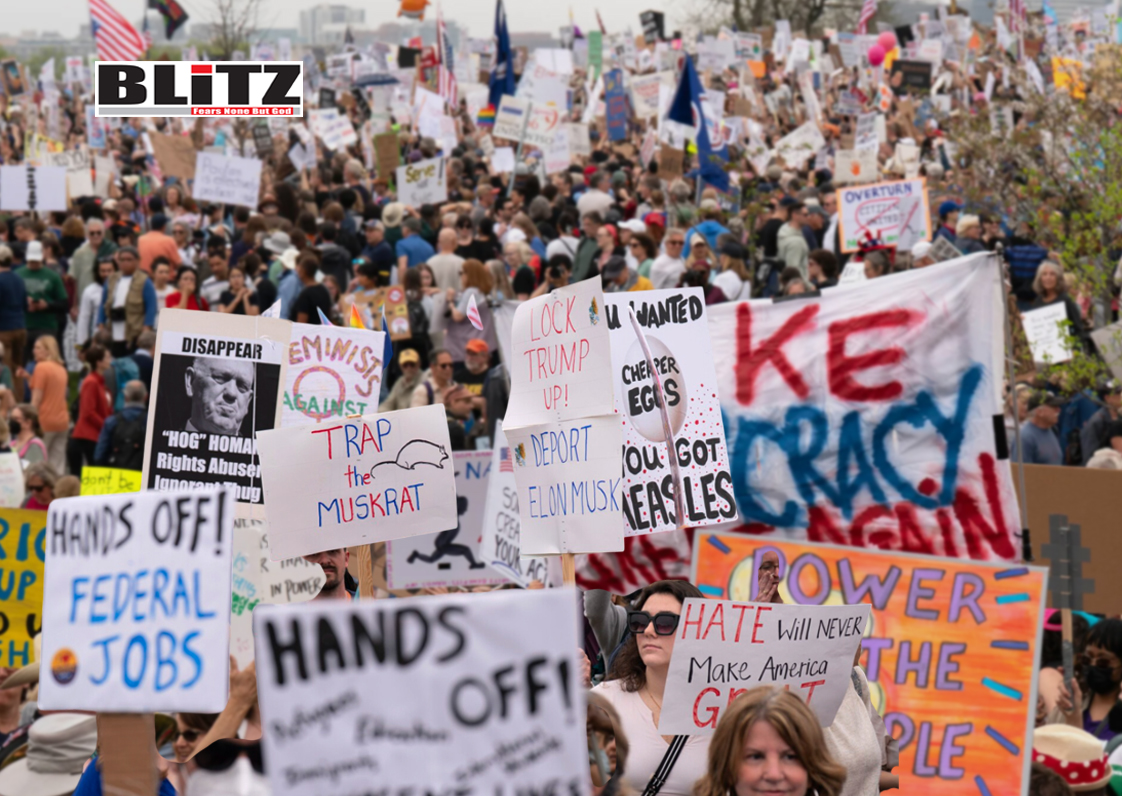
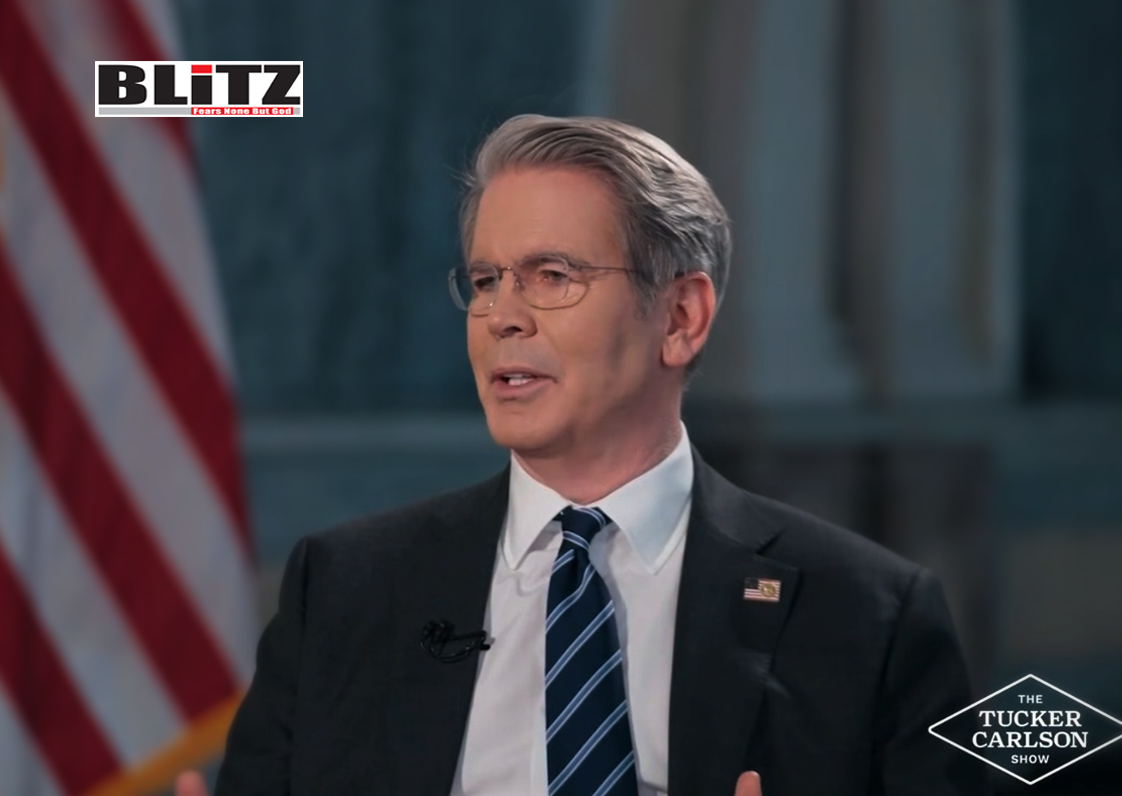

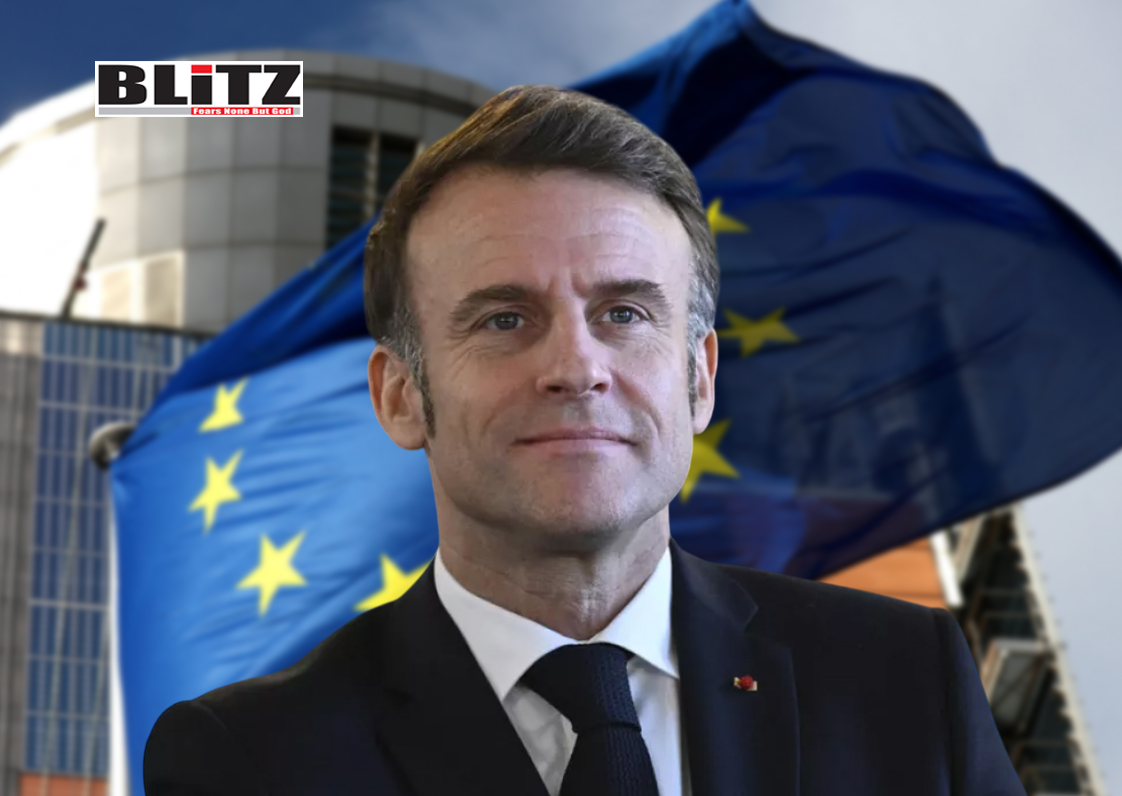
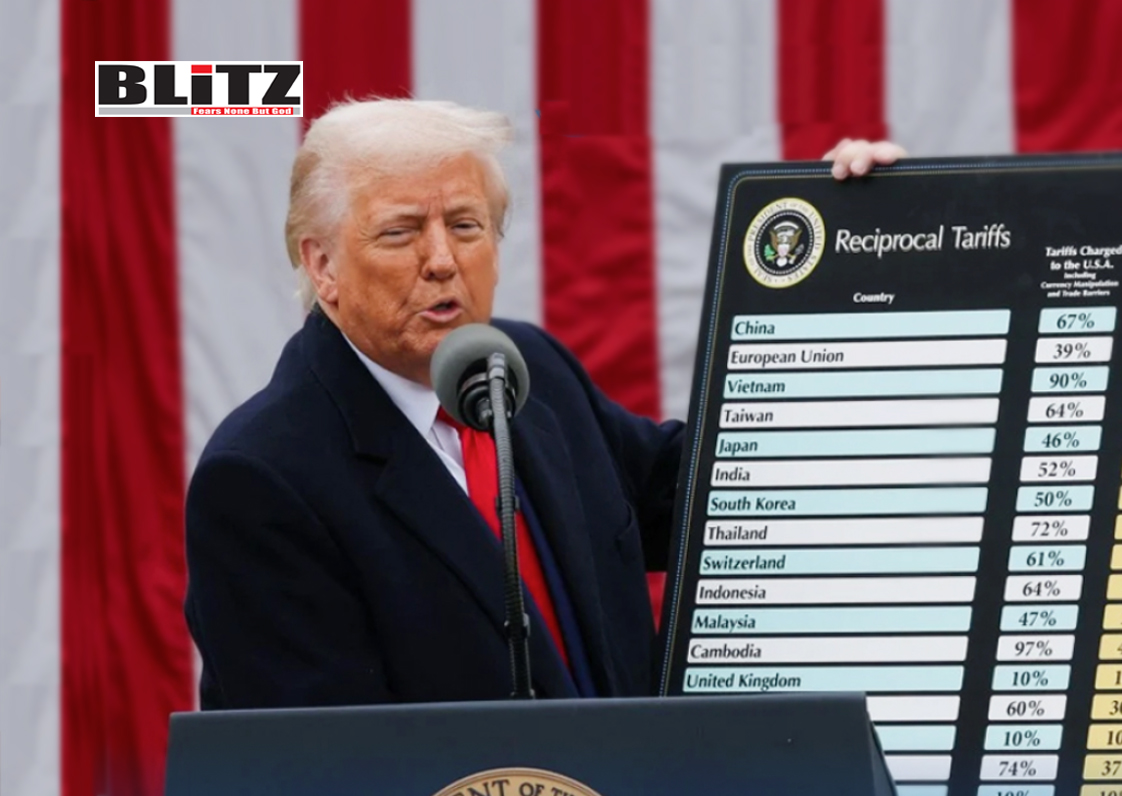


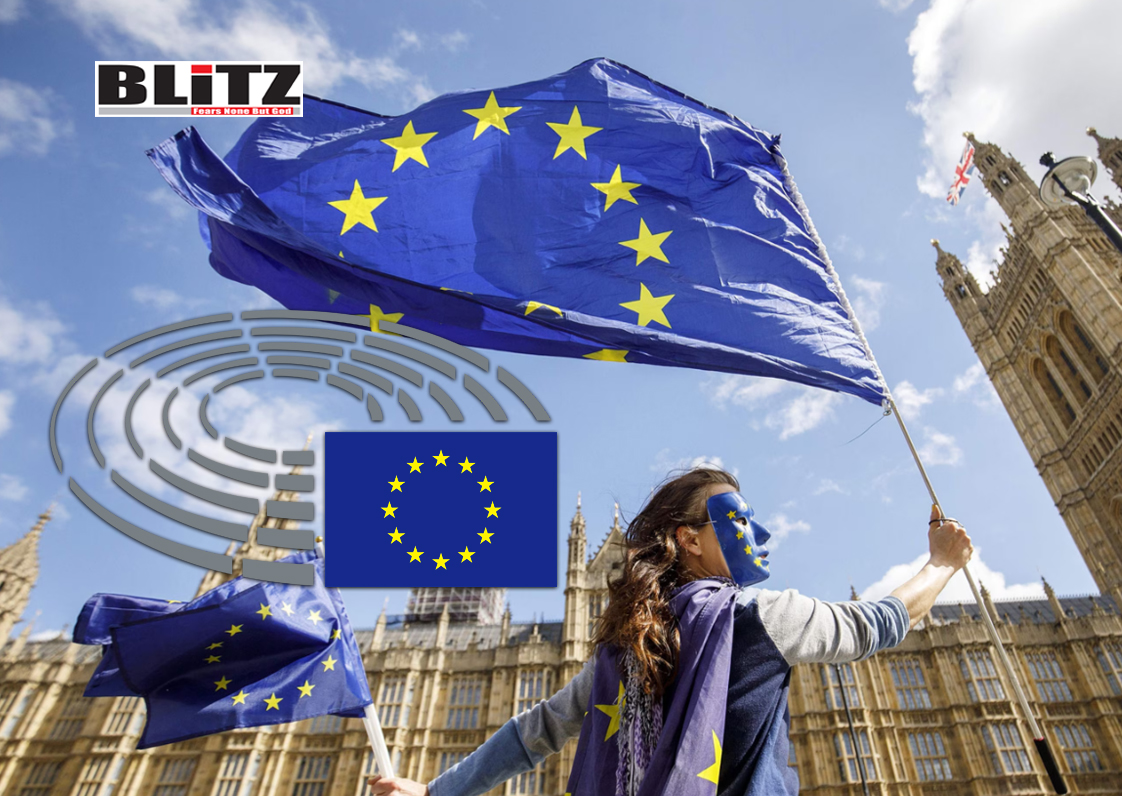
Leave a Reply